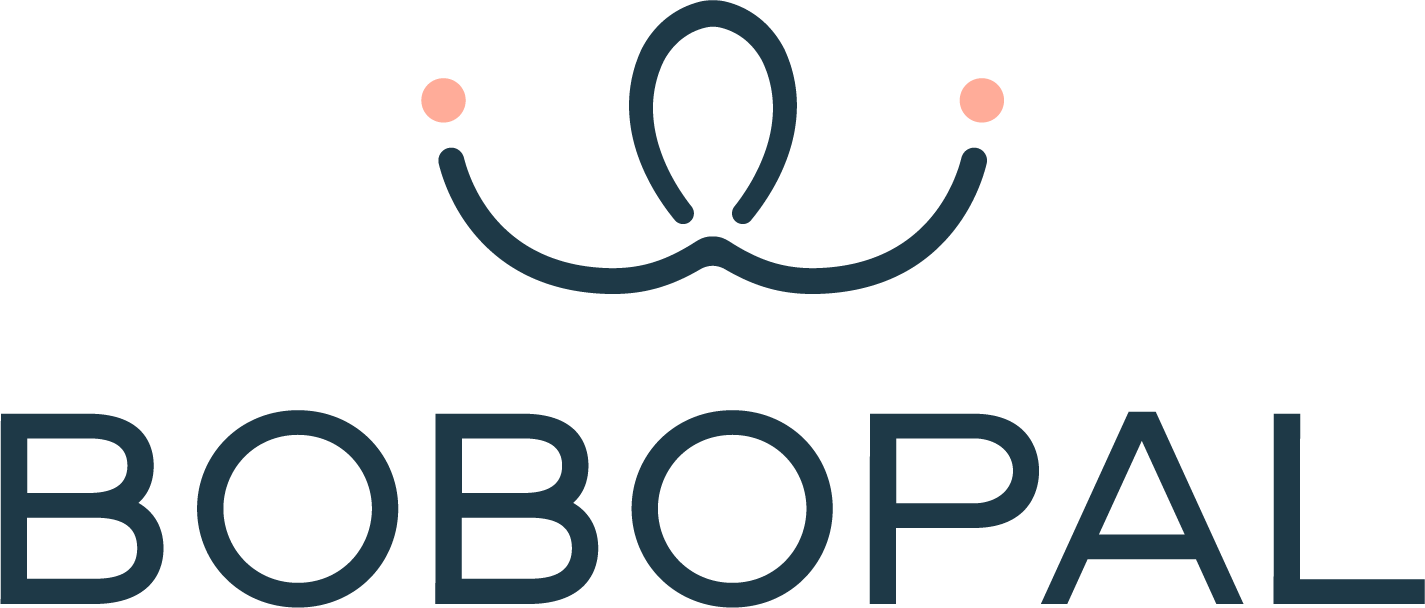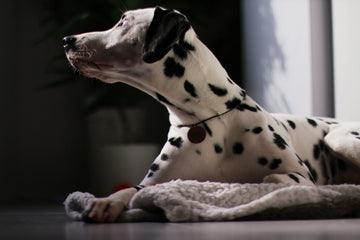At Bobopal, we know that every wagging tail and purring companion carries a story — and behind those stories are teeth that need just as much care as any other part of their body. Non-anesthetic dental cleanings (NADCs) have become a gentle and popular option for keeping those little grins shining, but like every good thing, they’re not for everyone.
Just like not every dog loves the rain or every cat tolerates the vacuum, not every pet is suited for a dental cleaning without anesthesia. Below, we walk you through the main reasons why your pet might be better off skipping this type of treatment — and what to consider instead.
When Nerves Get in the Way: Behavior Matters
Imagine going to the dentist and not knowing why you’re being held still or having your mouth touched — that’s how many anxious or reactive pets feel. If your pet is the type who would rather bolt from a bath than sit still, a NADC might not be right for them.
-
Anxiety can turn a routine cleaning into a stressful experience for your pet.
-
Aggression, even when it’s fear-based, poses a safety risk for staff and your companion.
-
Pets who squirm, growl, or snap may be telling us in the clearest way they can: "Not today."
In these cases, patience, training, or even a vet-assisted plan might be the better path.
Pain Has a Voice — We Just Have to Listen
Pain in pets doesn’t always show up in dramatic ways. A slight limp, a low whimper, or a flinch when touched can be a whisper that something’s wrong. If your pet shows any signs of discomfort — before or during a cleaning — it’s time to pause.
We believe that no beauty is worth suffering for, especially not a pearly white smile.
Ten Dental Red Flags You Can’t Ignore
A healthy mouth is more than just clean teeth — it’s a gateway to a pet’s overall well-being. These conditions should always be handled by a vet:
-
Severe gum disease (advanced periodontal issues)
-
Loose or wobbly teeth
-
Cavities or visible decay
-
Broken or fractured teeth
-
Swelling or masses in the mouth
-
Root abscesses (hidden infections beneath the surface)
-
Oronasal fistulas (openings between the mouth and nose)
-
Exposed tooth roots (furcation issues)
-
Overgrown gums (gingival hyperplasia)
-
Pyorrhea (serious gum infection with pus and bone loss)
These aren’t just dental issues — they’re pain points that affect eating, playing, and even breathing.
While a non-anesthetic cleaning may not be suitable here, regular at-home care can make a big difference. The Bobopal Electric Dog Toothbrush, for example, is a gentle, vibration-powered brush designed with dogs’ comfort in mind — a simple tool to help prevent plaque before it takes hold.
Health Comes First: Medical Reasons to Decline
Some conditions lie deeper than the teeth. If your pet has any of the following, they may not be eligible for NADCs unless cleared by a vet:
-
Seizure history — Anxiety could trigger an episode.
-
Megaesophagus — Difficulty swallowing raises the risk of aspiration.
-
Blood or immune disorders — These complicate healing and can turn minor issues into emergencies.
-
Heart failure — Certain medications and stress can worsen symptoms.
-
Tracheal collapse — Calm breathing is essential, and some pets just can’t stay still long enough.
-
Excessive movement — Safety always comes first.
Before any appointment, a full medical history form is a must — because your pet’s health story matters.
So, What Can You Do?
If your pet isn’t a good candidate for non-anesthetic cleaning, don’t worry — all is not lost. There are still ways to show your love through daily care. Brushing your dog’s teeth at home, even a few times a week, can help keep those kisses fresh and those teeth strong.
And when you need a hand, tools like the Bobopal Electric Dog Toothbrush are here to help — simple to use, gentle by design, and built with the bond between you and your pet in mind.
Final Thought: It’s Not About Perfect Teeth — It’s About a Happy Life
At the end of the day, it’s not about chasing perfection. It’s about protecting the joy in your pet’s every bite, bark, or meow. Some pets just aren’t made for a dental spa day — and that’s perfectly okay.
Your job is to love them, and ours is to help you do that, one small wag and one clean tooth at a time.






